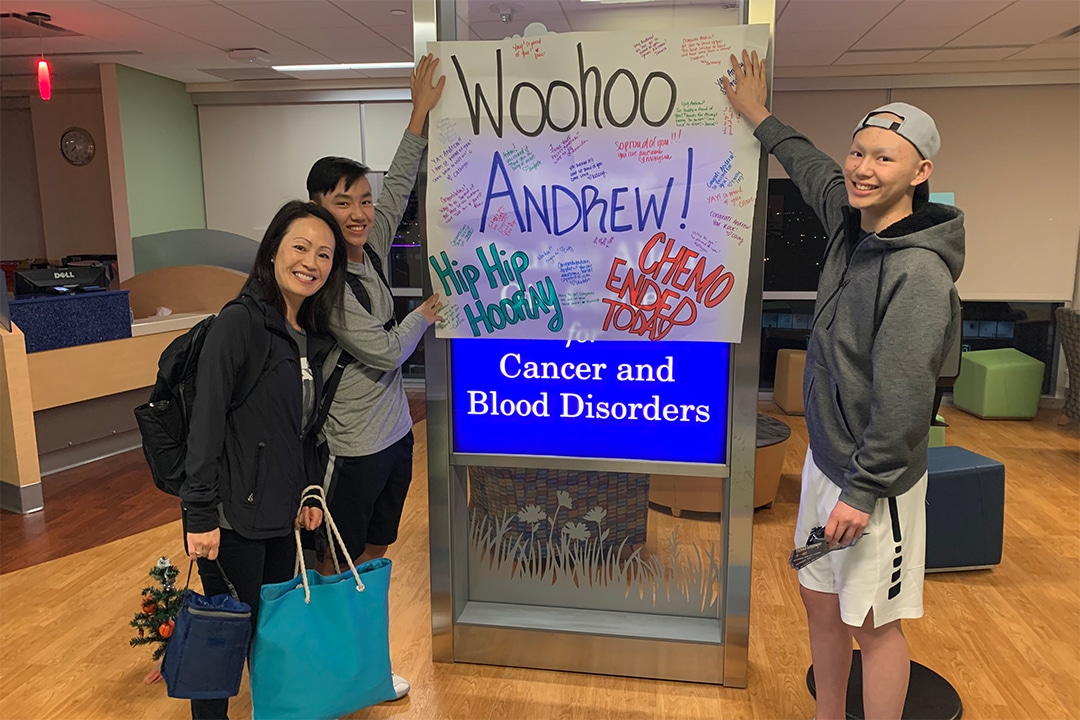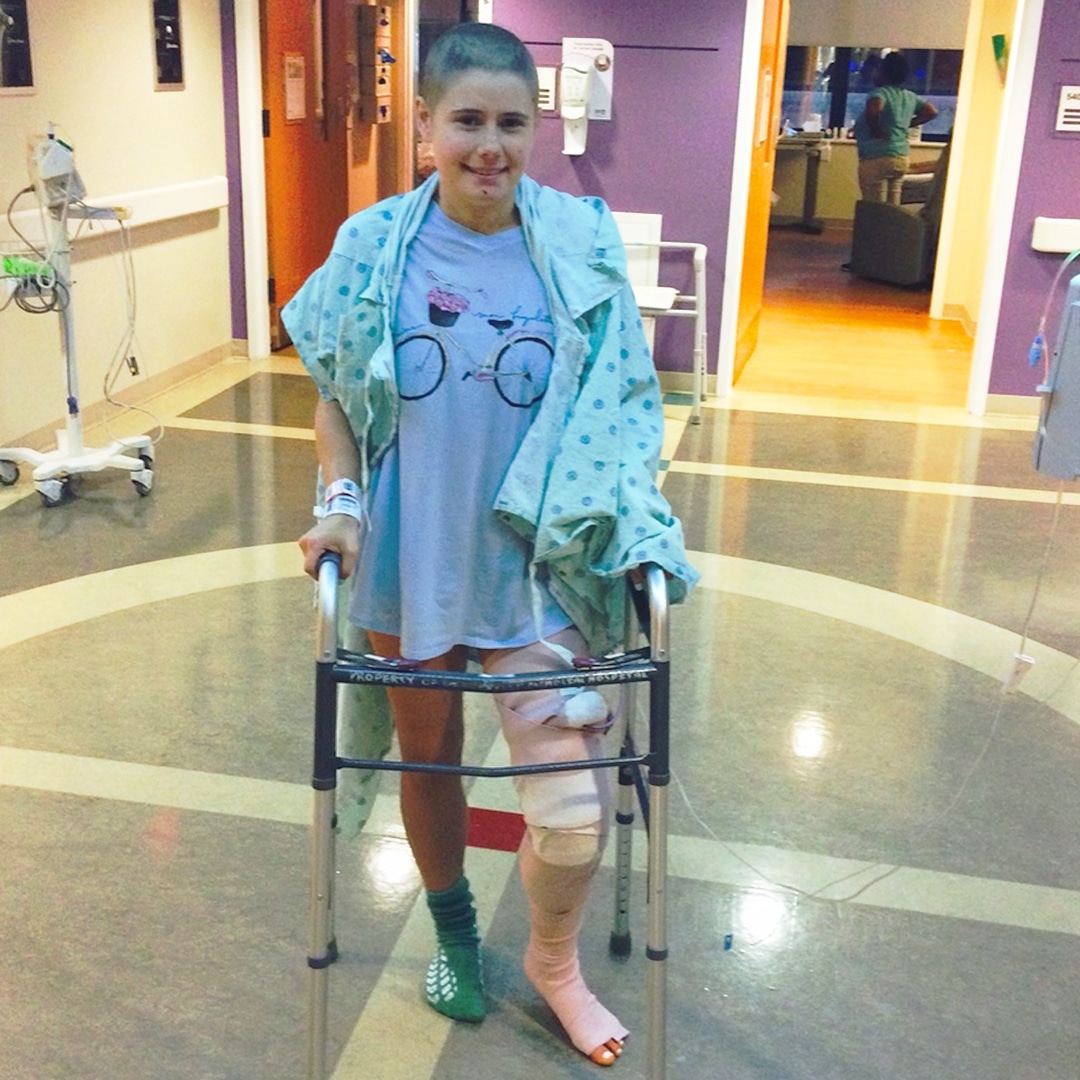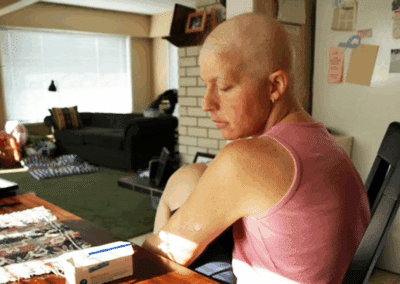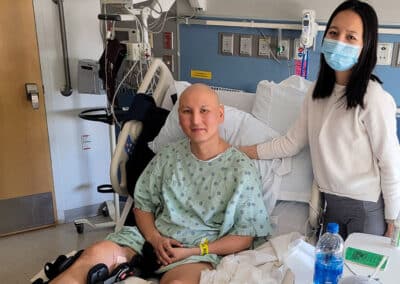Years after “beating” their cancer, a survivor can face a host of hardships: treatment side effects, emotional repercussions, relationship changes, fertility challenges, self-image struggles, financial burdens, career shifts, and more.
These challenges emerge on their own schedules, and each requires time and attention to address.
Setting Goals for the Future
According to Dr. Tap, every patient, no matter of their perceived prognosis, should be setting goals so that they can more smoothly navigate the effects of their diagnosis.
“We like to consider everyone a survivor from the moment we meet them,” he says. Transitioning from short-term cancer treatment into long-term cancer survivorship requires communicating with your family and healthcare team what is meaningful to you and what you want your life trajectory to look like — from career, to relationships, to family.
Closing Gaps in Care
Cancer survivorship programs are on the rise, but there are still major gaps in care. For example, a survivorship program oriented around the needs of breast cancer survivors will have some cross-applicable resources and expertise for an osteosarcoma patient, but only to a point.
Dr. Tap hopes that providers see the complexity of survivorship so they can individualize their care to each person. He would also like to see providers starting the conversation around survivorship sooner so they can better support their patients.
“That is why all these conversations are so important,” says Dr. Tap. “What I appreciate about the Osteosarcoma Institute is that they see this as a conversation starter so that we can know how to understand cancer survivorship, how to individualize it, and focus on any gaps in care.”

